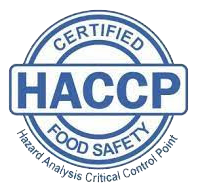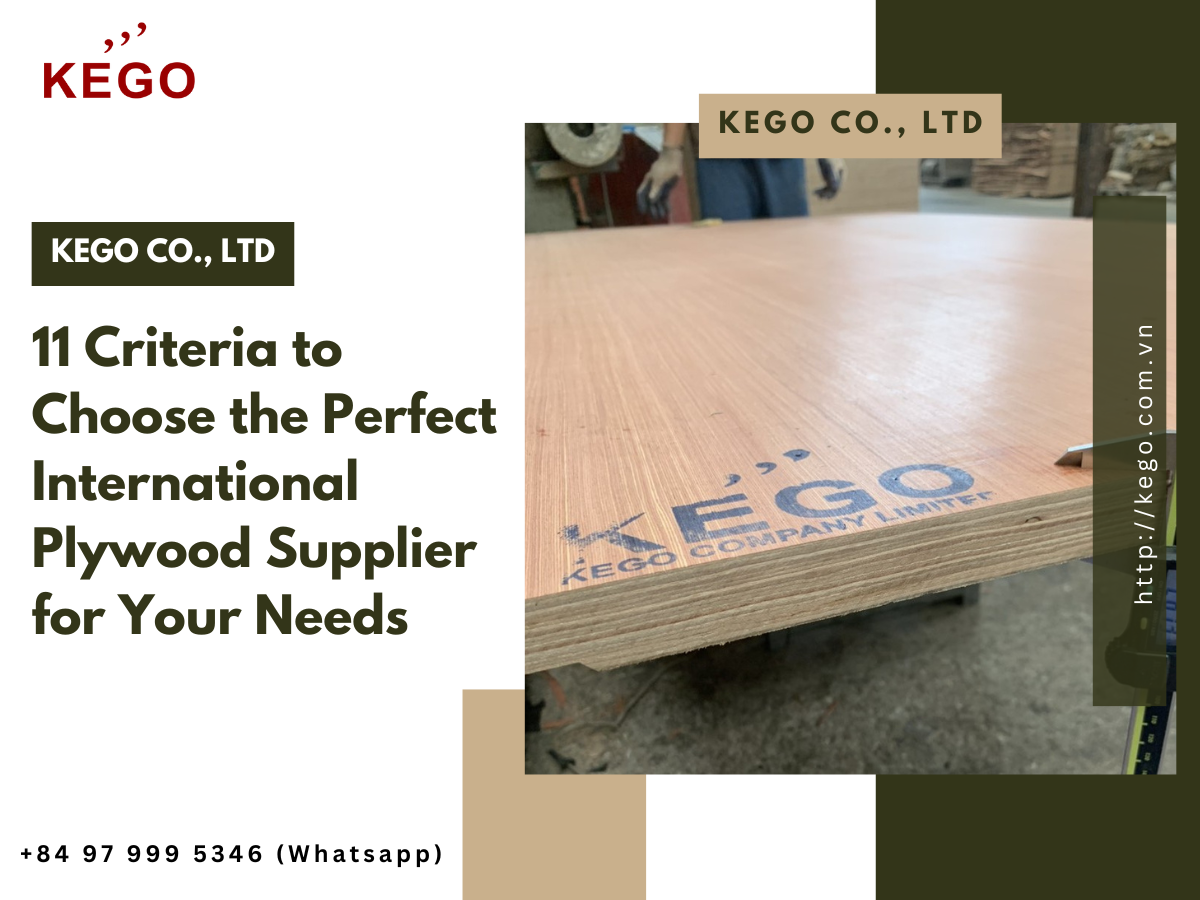
Looking for premium plywood from around the world? Sourcing from international suppliers unlocks a wider range of materials, competitive prices, and unique opportunities. But navigating the global market can be tricky. How do you find the right plywood supplier that meets your needs, budget, and ethical standards?
This guide unveils 11 crucial criteria to consider when choosing your international plywood supplier:
1. Plywood Variety & Quality:
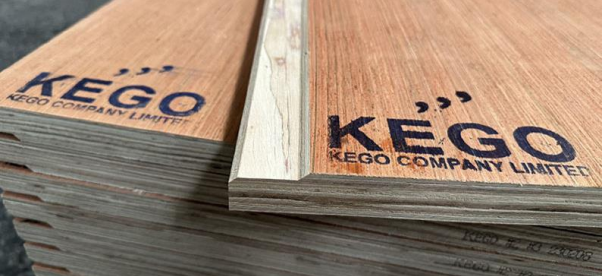
- Species: Expand on the unique characteristics of different wood species and their suitability for various projects. Discuss the durability of mahogany for outdoor furniture, the smooth finish of birch for cabinets, or the sustainability of bamboo.
- Grades: Explain the grading systems for plywood (e.g., A-D, B-C, etc.) and their implications for strength, appearance, and intended use. Highlight the importance of choosing the right grade for structural integrity or aesthetic appeal.
- Certifications: Discuss the significance of FSC (Forest Stewardship Council) and PEFC (Programme for the Endorsement of Forest Certification) certifications in ensuring responsible forest management and minimizing environmental impact. Emphasize the growing demand for certified wood products among eco-conscious consumers.
2. Production Capacity & Minimum Order Quantities (MOQs):
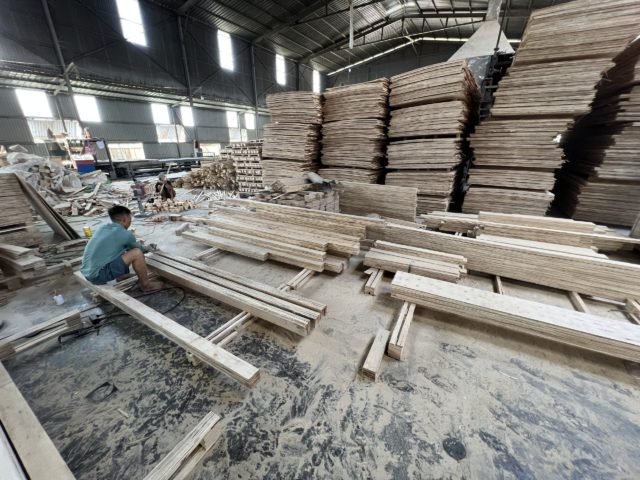
- Production Capacity: Explain how production capacity impacts lead times and flexibility in meeting project deadlines. Discuss the advantages of large suppliers for bulk orders and the benefits of smaller manufacturers for custom projects or shorter lead times.
- Minimum Order Quantities (MOQs): Guide buyers on calculating their project’s plywood needs accurately to avoid overstocking or falling short. Suggest strategies for combining orders with other buyers or negotiating MOQs with suppliers.
3. Pricing & Payment Terms:
- Pricing: Advise buyers to compare prices from multiple suppliers, considering factors like wood species, grade, certification, shipping costs, and potential tariffs. Discuss the impact of currency exchange rates on international transactions.
- Payment Terms: Explain the advantages and considerations of different payment methods, such as Letters of Credit (LCs) for security, upfront payments for potential discounts, and payment terms based on milestones or delivery.
4. Shipping & Logistics:

- Experience in International Shipping: Emphasize the importance of choosing suppliers with a proven track record in handling international shipments, including familiarity with customs regulations, documentation, and logistics partners.
- Lead Times and Delays: Guide buyers on understanding realistic lead times for international shipping, considering potential delays due to customs clearance, weather conditions, or logistical challenges. Discuss strategies for mitigating delays and ensuring timely delivery.
- Shipping Costs: Advise buyers to inquire about shipping costs upfront, including any hidden fees or surcharges. Discuss options for cost savings, such as using consolidated shipments or choosing suppliers with favorable shipping arrangements.
5. Communication & Customer Service:
- Clear and Timely Communication: Stress the importance of effective communication in international trade, including language compatibility, prompt responses to inquiries, and regular updates on order status.
- Responsive Customer Service: Highlight the value of suppliers who prioritize customer satisfaction, demonstrate a willingness to address concerns, and provide solutions to any issues that may arise during the ordering or shipping process.
6. Technical Support & Quality Control:
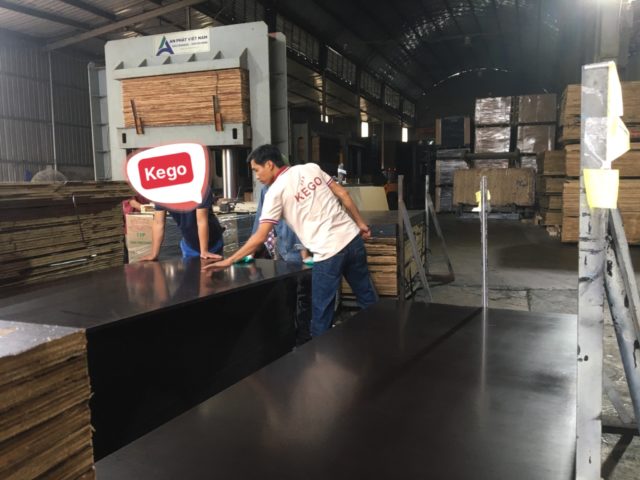
- Technical Expertise: Explain the benefits of working with suppliers who offer technical advice on plywood selection, ensuring the right material for specific project requirements and avoiding potential compatibility issues.
- Quality Control Measures: Discuss the importance of stringent quality control processes to guarantee consistency and adherence to specifications. Describe common quality control methods used in the plywood industry, such as visual inspections, moisture content testing, and strength testing.
7. Sustainability & Environmental Practices:
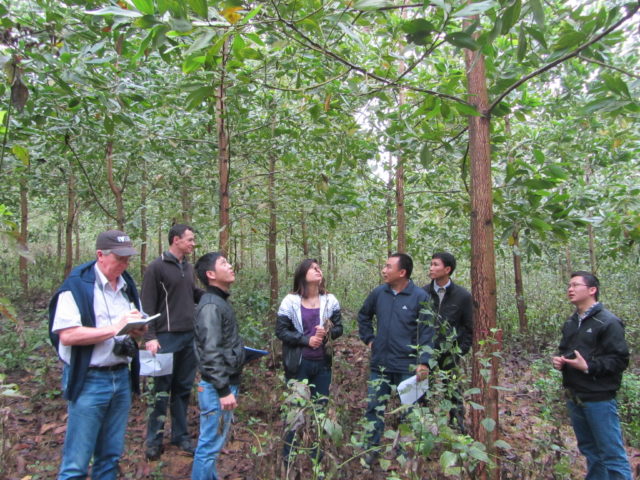
- Sustainable Forestry Practices: Underscore the growing significance of sustainability in the wood products industry. Encourage buyers to choose suppliers committed to responsible forest management, certified by organizations like FSC or PEFC.
- Recycled or Reclaimed Plywood: Highlight the environmental benefits of using recycled or reclaimed plywood, reducing the demand for new timber and contributing to a circular economy. Discuss the availability and quality of these options from international suppliers.
8. Language & Cultural Barriers:
- Language Compatibility: Emphasize the importance of clear communication and mutual understanding, especially when dealing with suppliers in different countries. Suggest strategies for overcoming language barriers, such as using translators, interpreters, or relying on visual aids and product samples.
- Cultural Differences: Explain the potential impact of cultural differences on negotiation styles, business practices, and expectations. Encourage buyers to research and respect the cultural norms of their suppliers’ countries to build stronger relationships and avoid misunderstandings.
9. Financial Stability & Reputation:

- Financial Stability: Guide buyers on conducting due diligence to assess a supplier’s financial health, ensuring their ability to fulfill orders and minimizing risks of non-performance. Suggest methods for verifying financial stability, such as checking credit ratings or obtaining financial statements.
- Reputation and References: Emphasize the value of online reviews, industry references, and trade association memberships in evaluating a supplier’s reputation. Encourage buyers to seek feedback from previous clients to gain credit about the company you are trading with.
10. Trade Compliance & Regulations:
- Navigating import/export regulations and restrictions can be complex, especially for international plywood trade. Highlight the importance of understanding relevant regulations for both the buyer’s and supplier’s countries to avoid delays, fines, or even seizure of goods.
- Recommend consulting with customs brokers or trade consultants for expert guidance on compliance procedures, documentation requirements, and potential tariffs or import duties.
11. Long-Term Partnership Potential:
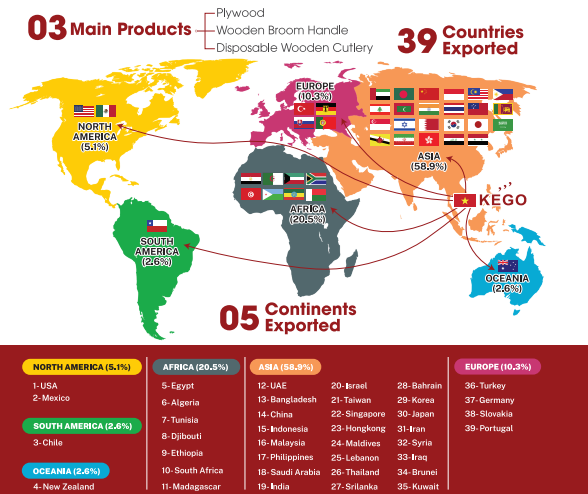
- Building strong, long-term relationships with international plywood suppliers can offer significant benefits, including consistent quality, reliable supply, and favorable pricing. Encourage buyers to invest in fostering mutual trust and understanding with their suppliers.
- Communicate your long-term project plans and potential future needs to suppliers to demonstrate your commitment and potentially negotiate better deals.
By carefully considering these 11 criteria, you can confidently choose the perfect international plywood supplier for your needs. Remember, the right supplier can become a valuable partner in your project’s success!
Contact Kego Co., Ltd
Experience the difference of premium timber exports with Vietnam Plywood. Explore our product range, learn more about our sustainable practices, and contact us for personalized assistance. Trust us to be your reliable partner in quality plywood exports.
Call us: +8424 3222 2333 – +84 97 999 5346 (Whatsapp)
Email us: sales2@kego.com.vn
Location: R.603 Kim Anh Building, Lane 78, Duy Tan Street, Cau Giay District, Hanoi.




